Introduction
Technology has been shaping the manufacturing and industry sectors for decades. From the first steam-powered machines to modern automation, technology has revolutionized the way we produce goods. In recent years, advancements in computing power, artificial intelligence, and the internet of things (IoT) have had a significant impact on manufacturing and industry. This article will discuss the role of technology in the future of manufacturing and industry.
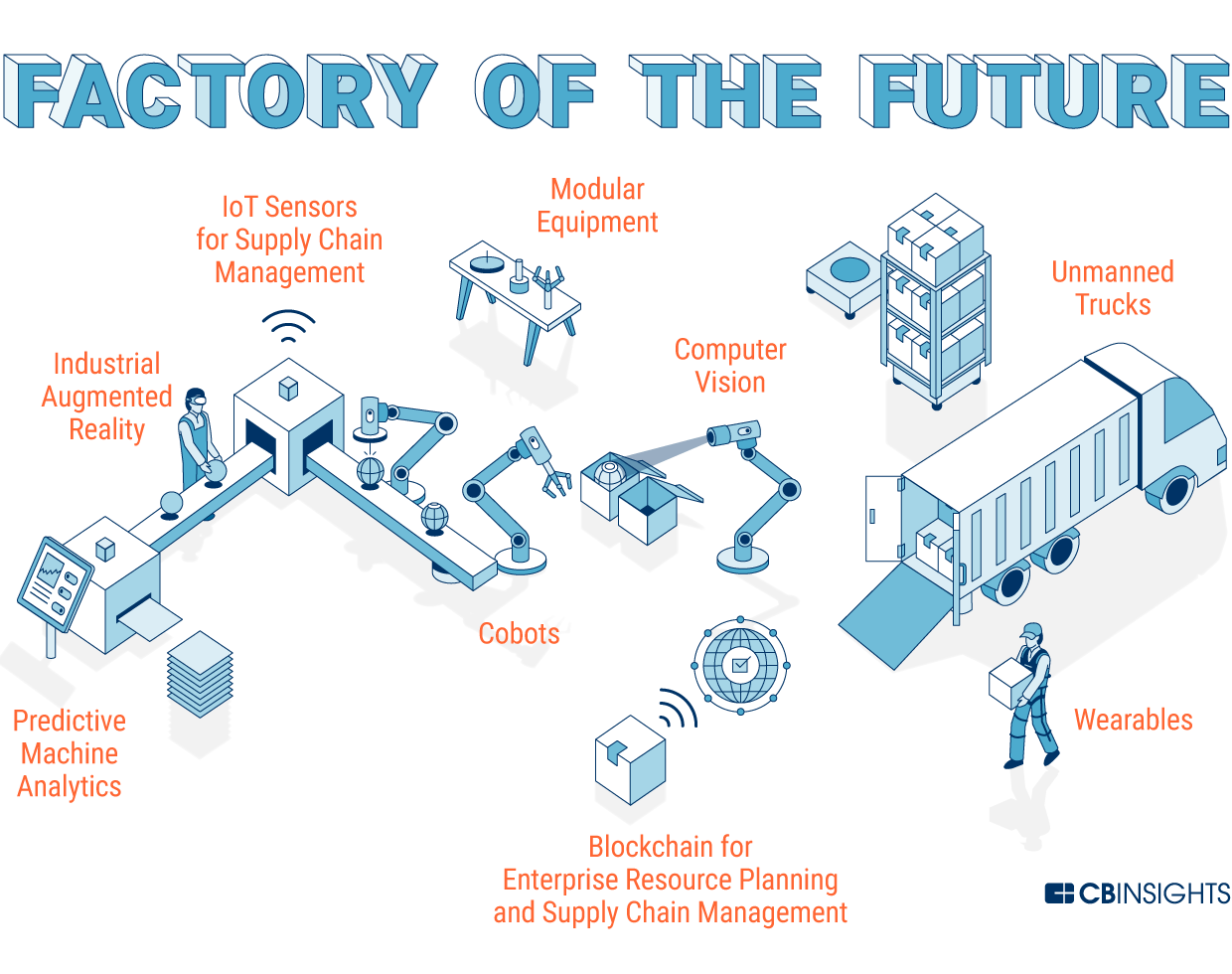 Source: bing.com
Source: bing.comAutomation and Robotics
Automation and robotics have been around for many years, but recent advancements have made them more efficient and cost-effective. Industrial robots can now perform a range of tasks from welding to packaging and can work around the clock without breaks or the need for human intervention. This has led to increased productivity and reduced labor costs for manufacturers. In the future, we can expect to see more robots in factories, warehouses, and even in transportation.
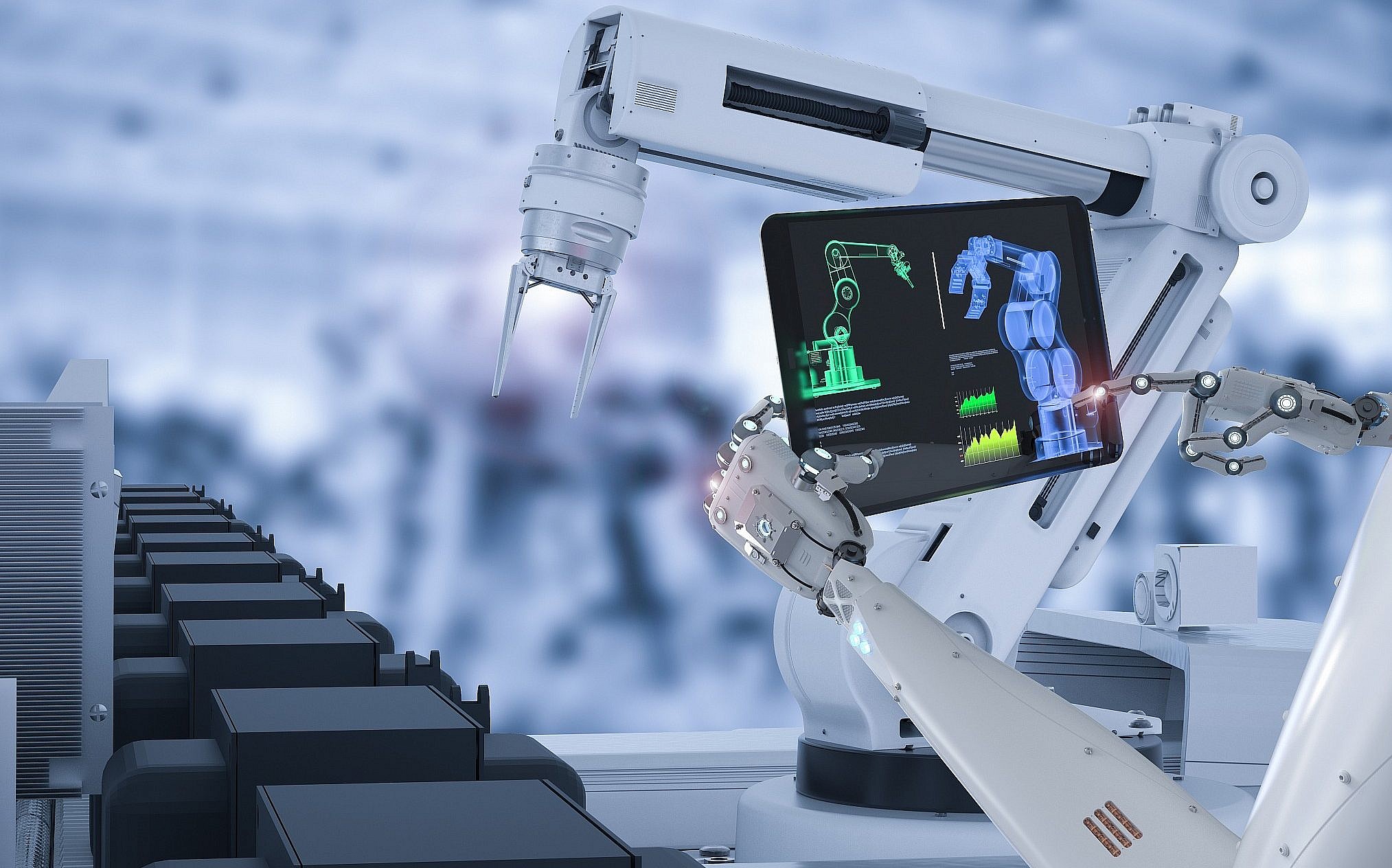 Source: bing.com
Source: bing.com3D Printing
3D printing, also known as additive manufacturing, is a process of creating three-dimensional objects by layering materials such as plastic, metal, or even human tissue. This technology has the potential to revolutionize the manufacturing industry by allowing for faster prototyping, customization, and reduced waste. In the future, 3D printing could allow for on-demand production of goods, reducing the need for large warehouses and shipping.
 Source: bing.com
Source: bing.comArtificial Intelligence and Machine Learning
Artificial intelligence (AI) and machine learning (ML) are already being used in manufacturing and industry to optimize processes, predict maintenance needs, and monitor quality control. In the future, AI and ML could be used to create fully autonomous factories, where machines and robots communicate with each other to make decisions and adjust production based on demand and available resources.
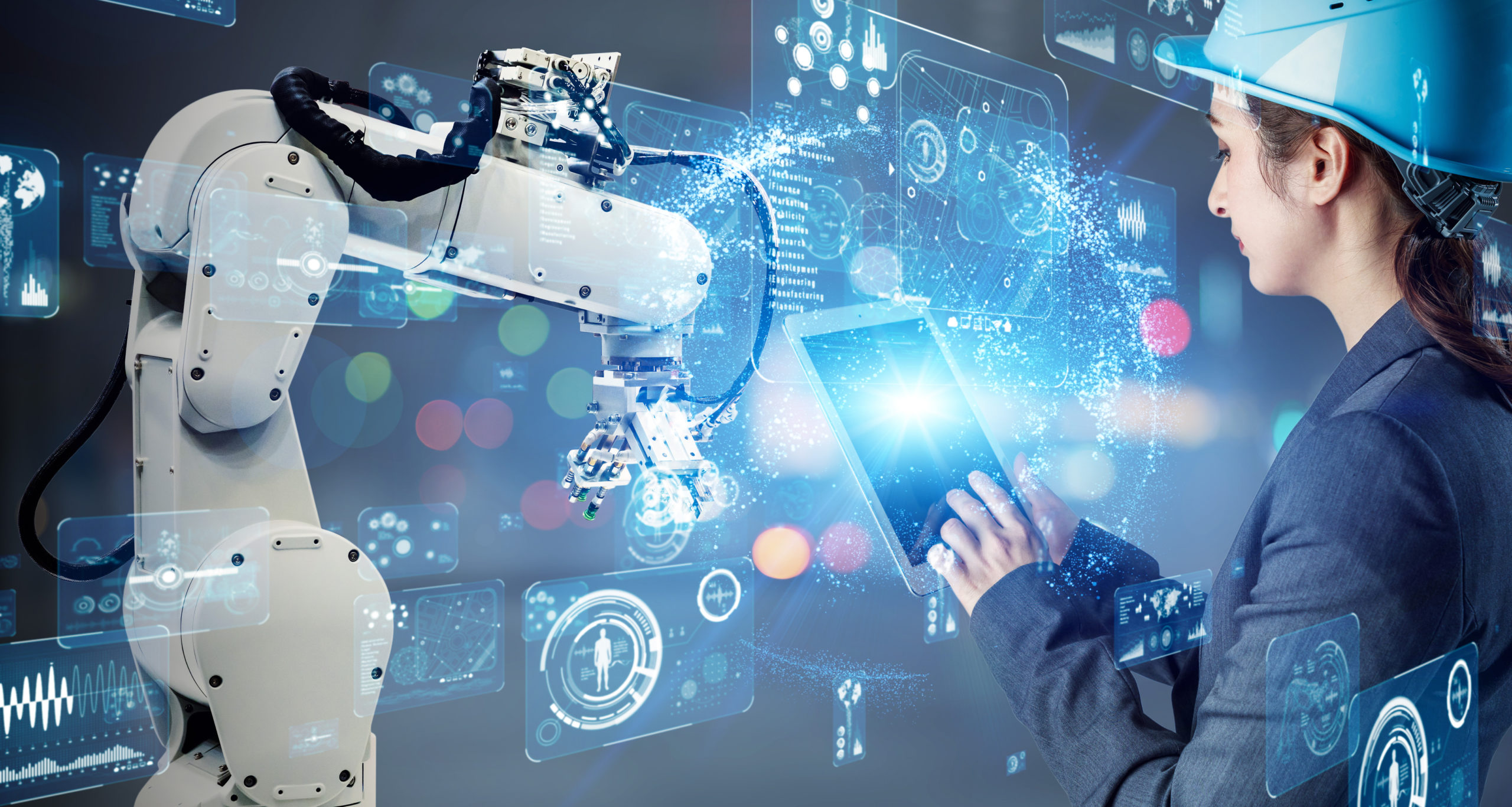 Source: bing.com
Source: bing.comVirtual and Augmented Reality
Virtual and augmented reality (VR/AR) are technologies that allow users to interact with digital environments or objects in the real world. In manufacturing and industry, VR/AR can be used for training, design, and even remote maintenance. In the future, VR/AR could be used to create immersive simulations that allow engineers and designers to test products in virtual environments before they are built in the real world.
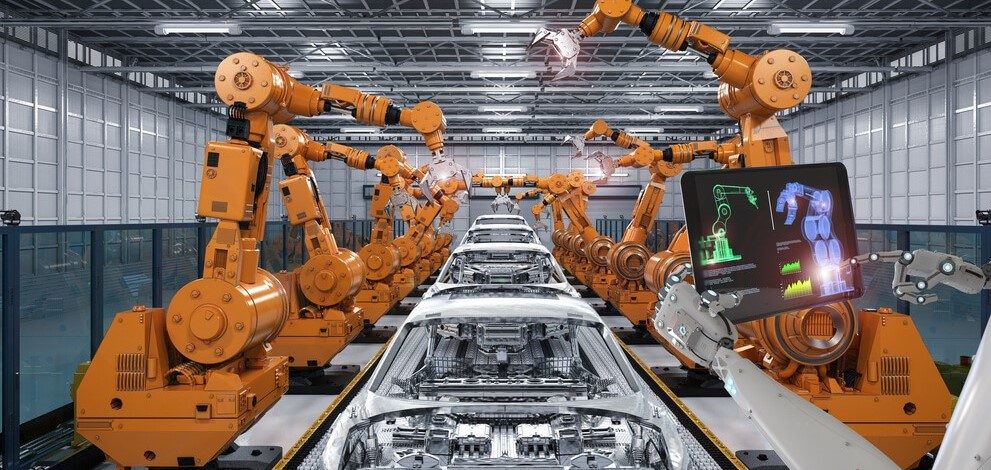 Source: bing.com
Source: bing.comInternet of Things
The internet of things (IoT) refers to a network of connected devices that can communicate with each other and with humans. In manufacturing and industry, IoT can be used to monitor production processes, track inventory, and optimize energy consumption. In the future, IoT could be used to create smart factories that can adjust production based on real-time data and even predict maintenance needs.
 Source: bing.com
Source: bing.comData Analytics
Data analytics refers to the process of analyzing large amounts of data to identify patterns and make informed decisions. In manufacturing and industry, data analytics can be used to monitor production processes, track inventory, and even predict maintenance needs. In the future, data analytics could be used to create fully autonomous factories that can adjust production based on real-time data and even predict maintenance needs.
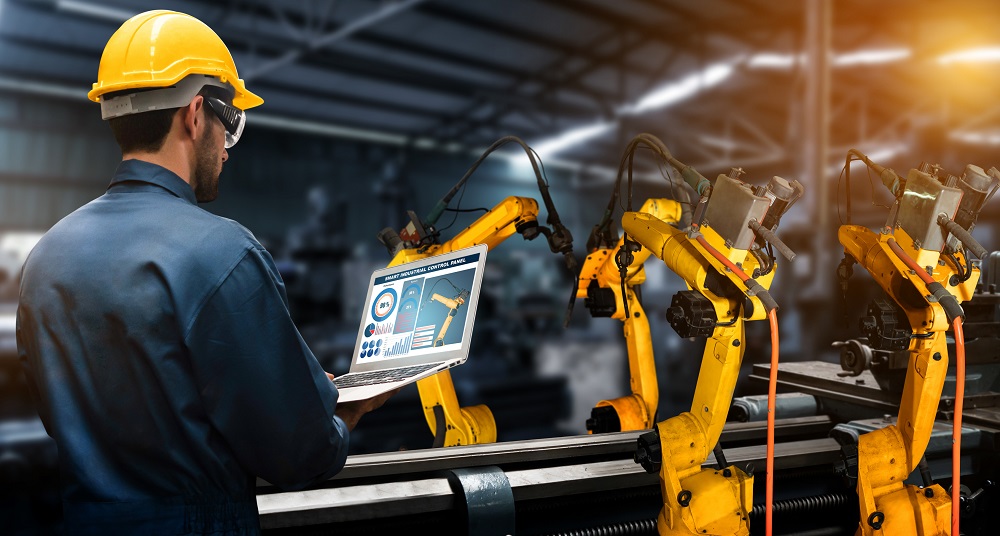 Source: bing.com
Source: bing.comCybersecurity
Cybersecurity is becoming increasingly important in manufacturing and industry as more devices become connected to the internet. Manufacturers need to ensure that their networks and devices are secure from cyberattacks that could disrupt production or steal sensitive data. In the future, cybersecurity will become even more critical as more devices become connected to the internet of things.
 Source: bing.com
Source: bing.comSustainability
Sustainability is a growing concern in manufacturing and industry as consumers become more environmentally conscious. Manufacturers need to find ways to reduce waste, use renewable energy sources, and create products that can be recycled or reused. In the future, sustainability will become even more critical as governments and consumers demand more environmentally friendly products and manufacturing processes.
 Source: bing.com
Source: bing.comConclusion
Technology has played a significant role in the evolution of manufacturing and industry, and it will continue to shape the future of these sectors. Automation, 3D printing, artificial intelligence, virtual and augmented reality, the internet of things, data analytics, cybersecurity, and sustainability are just a few of the technologies that will transform the way we produce goods. Manufacturers who embrace these technologies will be better equipped to meet the demands of a rapidly changing world.